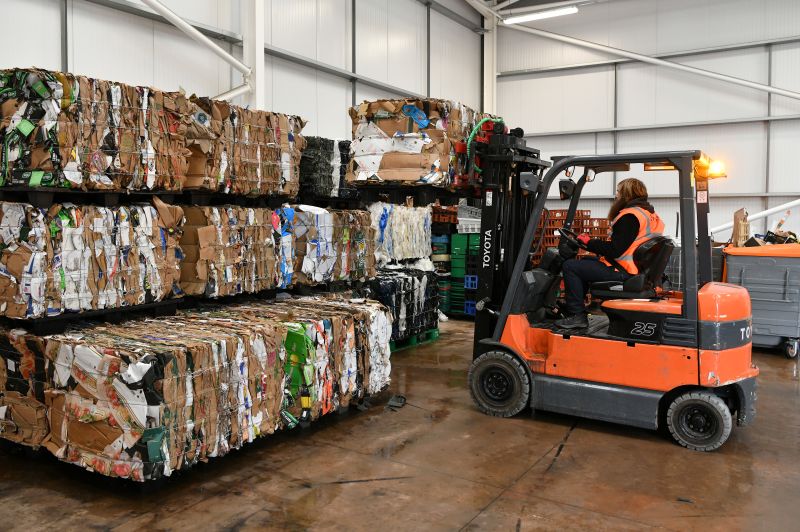Amidst rising operational costs, labour expenses and supply chain pressure, new research has uncovered waste management as a significant cost-efficiency blind spot in UK manufacturing.
A national survey commissioned by Northamptonshire-based Axil Integrated Services found that 85% of manufacturers are still working with multiple waste providers, with some using up to 25.
Despite this, the average manufacturer would prefer a more streamlined approach. The research, conducted by Censuswide, found that 73% of senior decision-makers would rather consolidate to a single supplier to simplify operations and unlock savings. Yet, the average business still relies on multiple different waste contractors.
“We’re seeing manufacturers lose out on tens of thousands in potential rebates and efficiencies simply because their waste is managed across fragmented contracts,” said Tom Seward, chief commercial officer at Axil.
“In today’s economic climate, reducing waste isn’t just good practice — it’s a direct cost saving. And in a margin-conscious market, those are savings no business can afford to ignore. Every pound saved is a pound that can be reinvested into growth, innovation, or sustainability.”
According to Make UK’s Executive Survey 2025 (in partnership with PwC), over 90% of manufacturers expect employment costs to rise, while around 75% anticipate increases in logistics and transport costs – reinforcing the mounting financial pressure across the sector.
Previous research conducted by Axil in 2023 revealed only half of manufacturers received any waste rebate — and one in four weren’t confident they were getting best value. At the time, 48% admitted they weren’t doing enough to reduce waste, and 19% weren’t fully measuring their environmental impact.
While these findings exposed significant missed opportunities, the landscape is shifting – fast. As new legislation and ESG demands accelerate, waste is becoming a strategic focus – and a revenue stream manufacturers can no longer afford to overlook.
“This isn’t just a facilities issue. It’s a strategic one,” added Tom. “Consolidation can dramatically cut transport duplication, reduce admin overheads, and unlock better data and compliance visibility – which is vital for meeting ESG goals and tightening budgets.”
With 88% of manufacturers agreeing that waste management plays a crucial part in impacting revenue, profit, and operational efficiency – the message is clear: now is the time to simplify.



